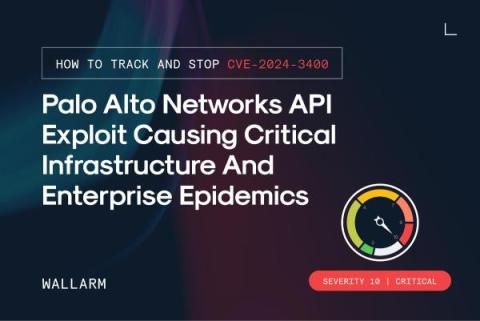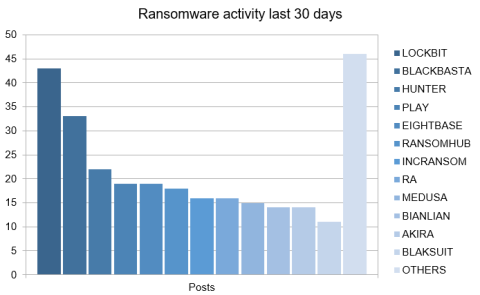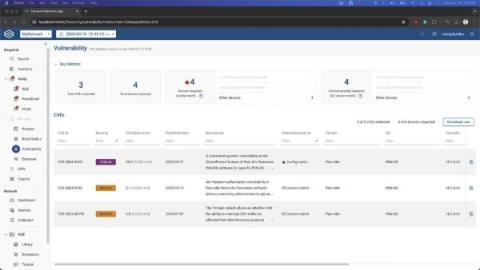New Vulnerability in R's Deserialization Discovered
Security researchers have identified a vulnerability, CVE-2024-27322, in the R programming language that permits arbitrary code execution by deserializing untrusted data. This flaw can be exploited when loading RDS (R Data Serialization) files or packages, which are commonly shared among developers and data scientists. An attacker can craft malicious RDS files or packages containing embedded arbitrary R code, triggering execution on the victim’s device upon interaction.











